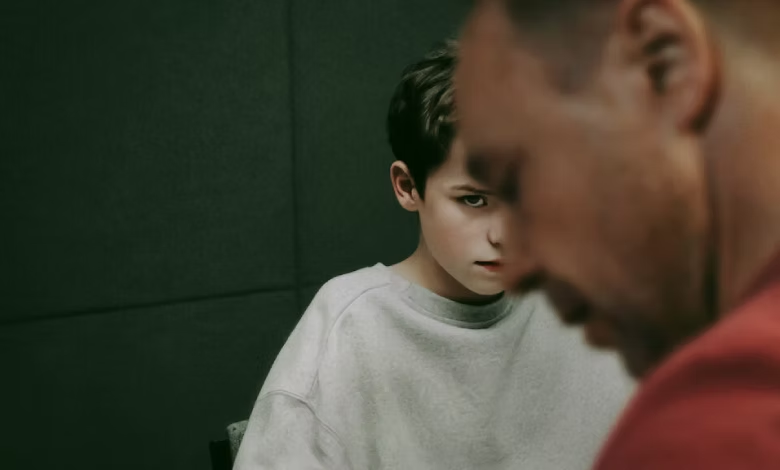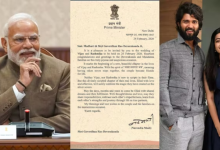Adolescence Series Shines Light on Incel Culture: Frustration, Misogyny, and the Threat of Virginity

By Devansh Desai
In a gripping episode of the series Adolescence, viewers witness a disturbing tale: a 13-year-old boy, rejected and isolated, kills a girl who turned him down. Labeled an “incel”—short for involuntary celibate—this fictional character reflects a real-world issue that’s increasingly hard to ignore. Incel culture, once a fringe concept, has grown into a subculture with deep psychological roots and, in some cases, violent consequences. But what drives this phenomenon, and how can society respond?
What Defines an Incel?
An incel is someone, usually a man, who wants romantic or sexual relationships but cannot find a partner. The term “involuntary celibate” captures their situation: a longing for connection met only with loneliness. While this might sound like a personal struggle, it’s become a broader cultural movement, fueled by online communities and a shared sense of grievance.
Experts trace the roots of incel culture to both biology and society. Anthropologist Helen Fisher argues that humans are wired to seek physical relationships. The “sexual access hypothesis” suggests men often pursue multiple partners, while women, per the “parental investment theory,” prioritize security and resources. Historically, practices like polygyny—where one man had multiple wives—left many men partnerless, a pattern echoed in DNA evidence showing fewer men reproduced.
How Modern Life Shapes Incel Culture
The Industrial Revolution changed everything. Starting in the 18th century, women gained access to education, jobs, and the freedom to choose mates. Today, dating apps have turned relationships into what some call a “sexual marketplace,” where attractiveness and status reign supreme. Men who feel they don’t measure up—due to looks, income, or social standing—often face repeated rejection. For some, this sparks frustration; for others, it festers into resentment.
This resentment is especially acute among incels, many of whom come from challenging socio-economic backgrounds—think unemployment or limited education. They see themselves as victims of a rigged system, where only the “best” men win. This belief, dubbed the “red pill” mindset, often leads to misogyny, with women cast as the gatekeepers of an unfair game.
The Mental Health Crisis
The psychological toll is staggering. A study, The Mating Psychology of Incels, found that 95% of incels battle depression and anxiety. Loneliness and a sense of victimhood dominate their lives. They crave casual relationships more than most, yet rejection only deepens their despair. Over time, this can spiral into something darker.
Online spaces like forums and the “manosphere”—a network of anti-feminist sites—amplify these feelings. Here, incels share their struggles, but the echo chamber often turns frustration into radicalization. The 2014 case of Elliot Rodger, an incel who killed six people in California, is a grim example. His manifesto blamed women for his isolation, and some incel communities later hailed him as a martyr.
When Frustration Turns Violent
The Adolescence storyline mirrors this danger. The 13-year-old character, Jamie, lashes out after rejection and bullying—a reminder that adolescence, with its intense peer pressure, can be a tipping point. Research shows teens are especially prone to extreme actions when they feel ostracized. While not all incels turn violent, the potential is real and growing.
A Path Forward
Society isn’t blameless—standards of beauty, wealth, and status do leave some behind. But violence and hatred aren’t the answer. Experts call for a multi-pronged response: mental health care to address depression, economic support to boost opportunity, and education to reshape attitudes about relationships. Open dialogue, especially with young people, can help them process rejection without spiraling into rage.
Adolescence drives this home: everyone deserves the freedom to choose, and no one’s pain justifies harming others. As poet Puneet Sharma writes, “The treasure you’ve been searching for since childhood will one day appear before you.” The key is guiding those who feel lost toward hope, not hate.




